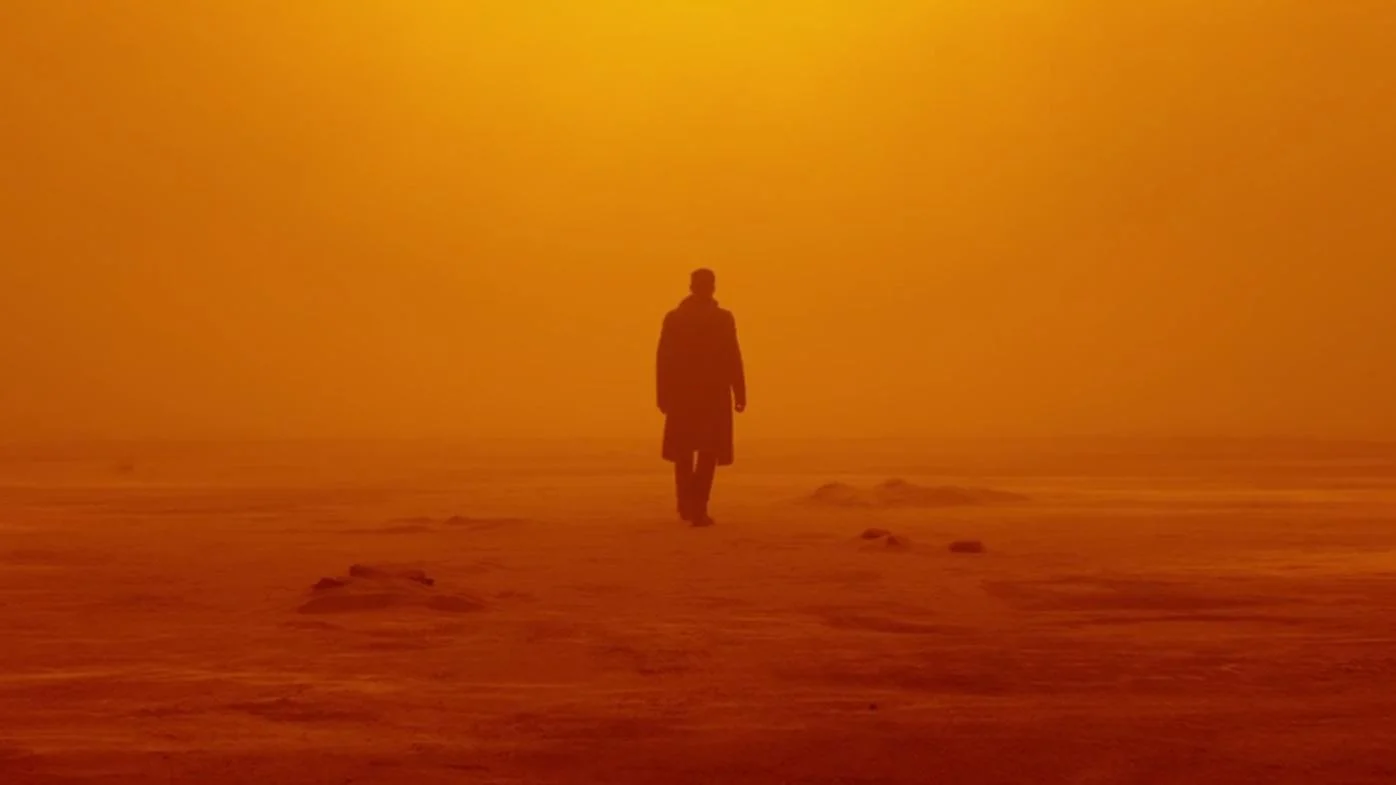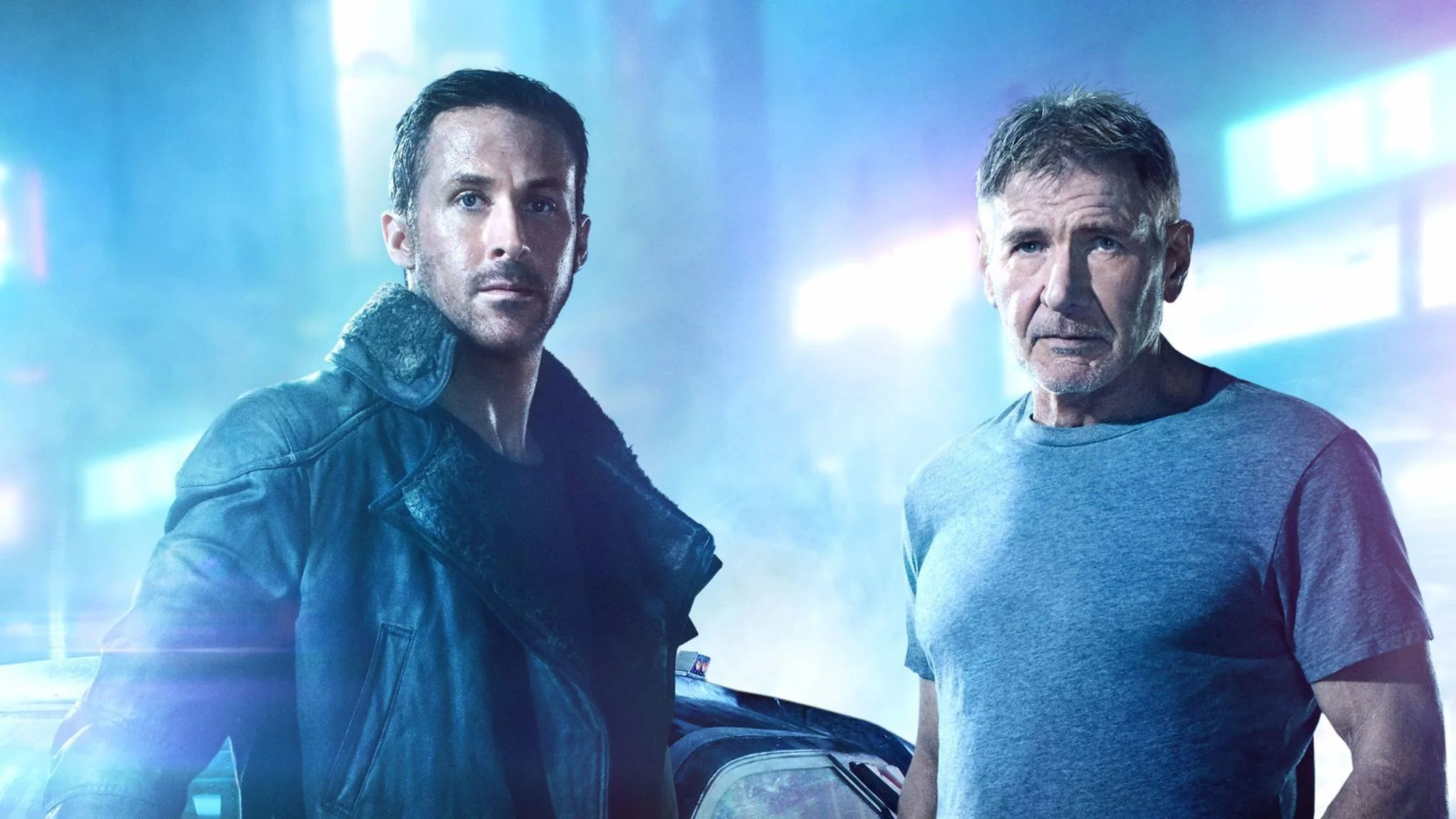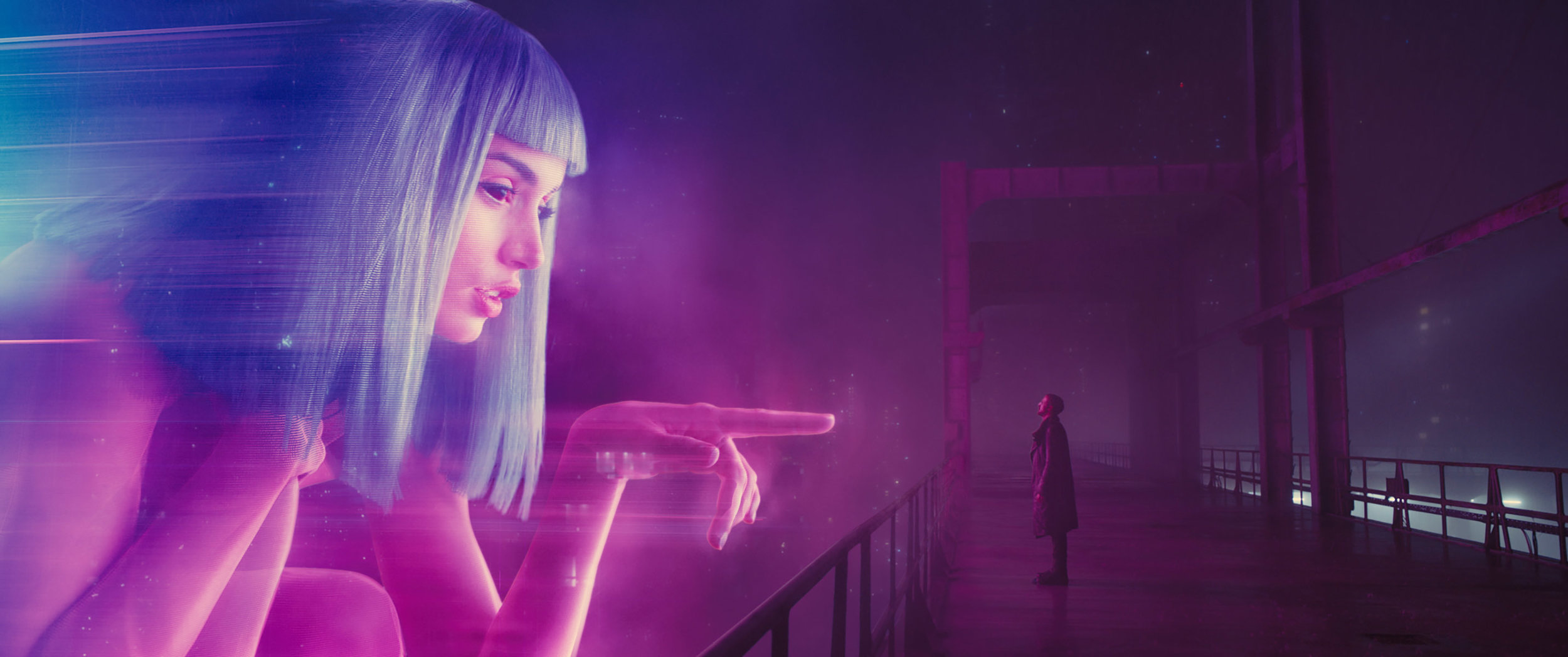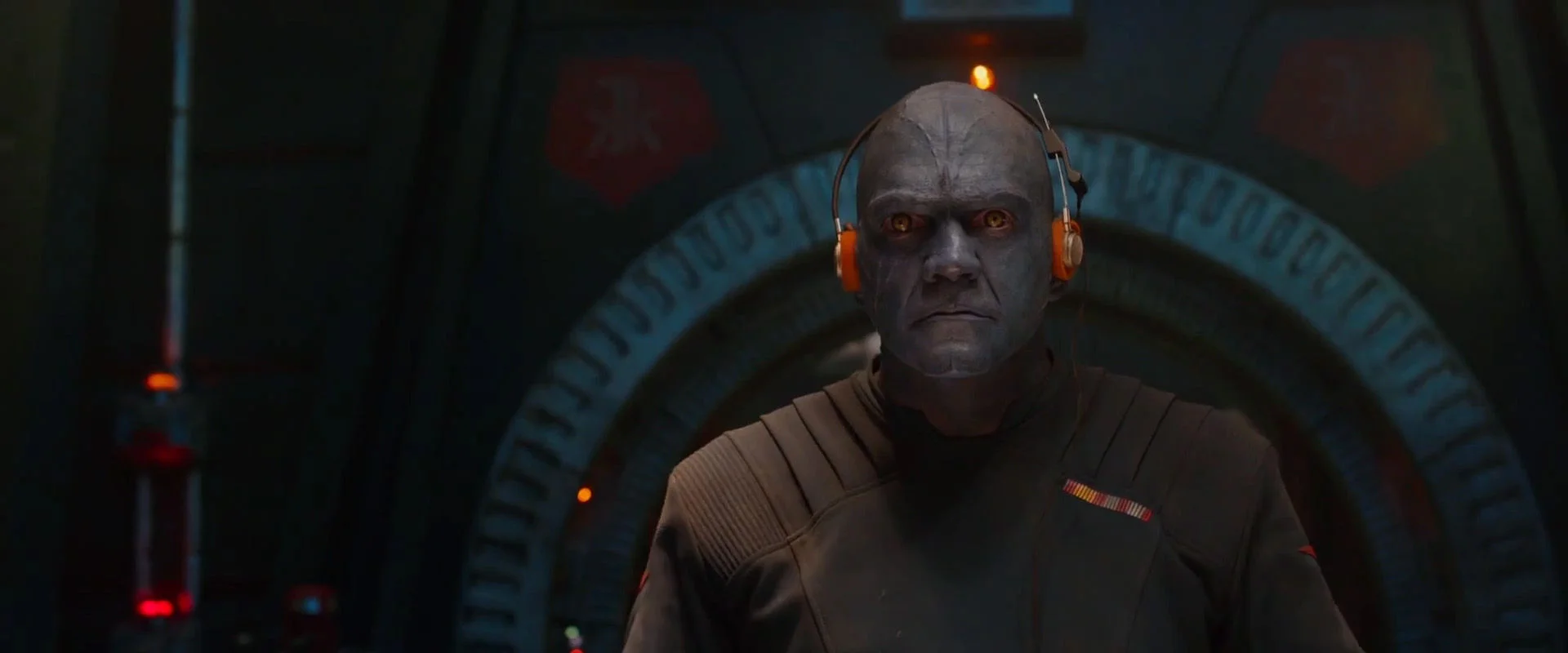While it’s easy to get lost in the beauty of 1982’s Blade Runner, its science fiction film noir mashup vision of the future, or the meaning behind the story’s ambiguous ending (depending on the version you see), what I find most compelling about the film are its ideas about memory.
The story is set in Los Angeles 2019 where androids, called replicants, are nearly indistinguishable from humans. What separates both groups are authentic memories. Replicants are programmed with real childhood memories, though they are not their own. The memories are borrowed from the experience of human children. Implanting these memories in replicants gives them a foundational identity, improving their ability to act human. However, having false memories also keeps replicants from being seen as sentient life worthy of empathy.
Looking back, Blade Runner foreshadowed many of the issues psychology struggled with during the 1990's recovered versus false memories debate. Can our memories be tampered with? Can we verify that an event really occurred? How should we respond to memories we believe are false? Both psychological science and Blade Runner conclude that we do not experience binary truths or falsehoods. Our experiences exist on a spectrum of authenticity.
Blade Runner 2049 expands on the original in every way, including its ideas about memories. In the sequel, everything is meticulously digitally documented, replicants know they are programmed with false memories, and the accuracy of memories doesn't matter. What makes a memory real in 2049 is whether or not it makes you feel something.
Once again, Blade Runner 2049 references issues impacting our world. The internet, social media, and smartphones have allowed for the digital documentation of nearly all world events and every aspect of our personal lives. Psychologists question how our always-on, socially connected technology is changing the way memory works. Does access to a search engine limit what we learn? How does digitally capturing an event change the way we remember it? Do social networks impact the type of information we believe to be true? How can we have authentic experiences as we travel through social networks that feel increasingly inauthentic? Psychology does not have satisfying answers to these questions, at least not yet.
Most women in Blade Runner 2049 lack agency and only serve the interests of men.
Though it is a cinematically stunning film that tackles contemporary issues, Blade Runner 2049 has problems. Like the original, character development is limited. This is particularly problematic with 2049’s female characters, who (with one exception) lack any agency of their own. The film also feels less like a masterpiece and more like a blockbuster in its finale.
But if you are a fan of the original, or of the science fiction cyberpunk genre, Blade Runner 2049 is a must-see. If you're interested in these ideas but don't care for the original Blade Runner, watch the rebooted Battlestar Galactica television series for a similar (more egalitarian) exploration of artificial intelligence.


















